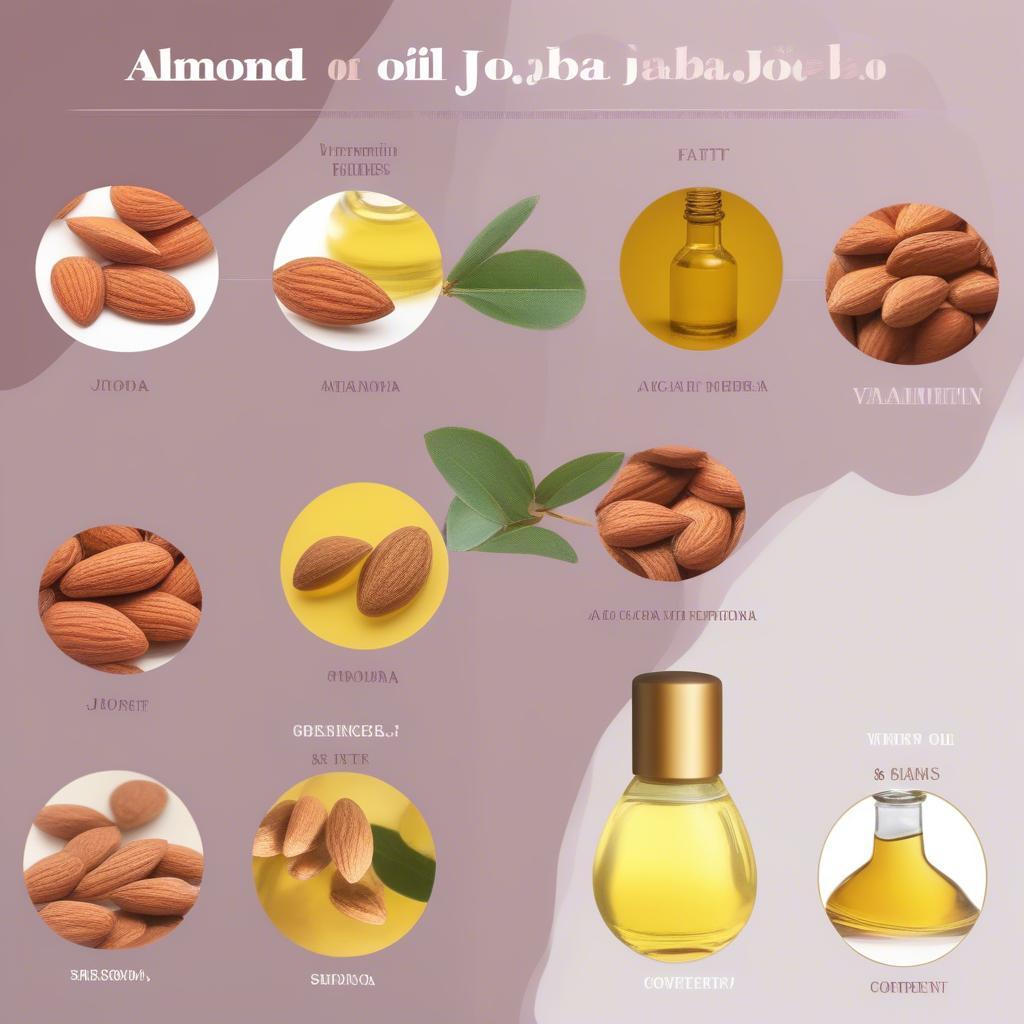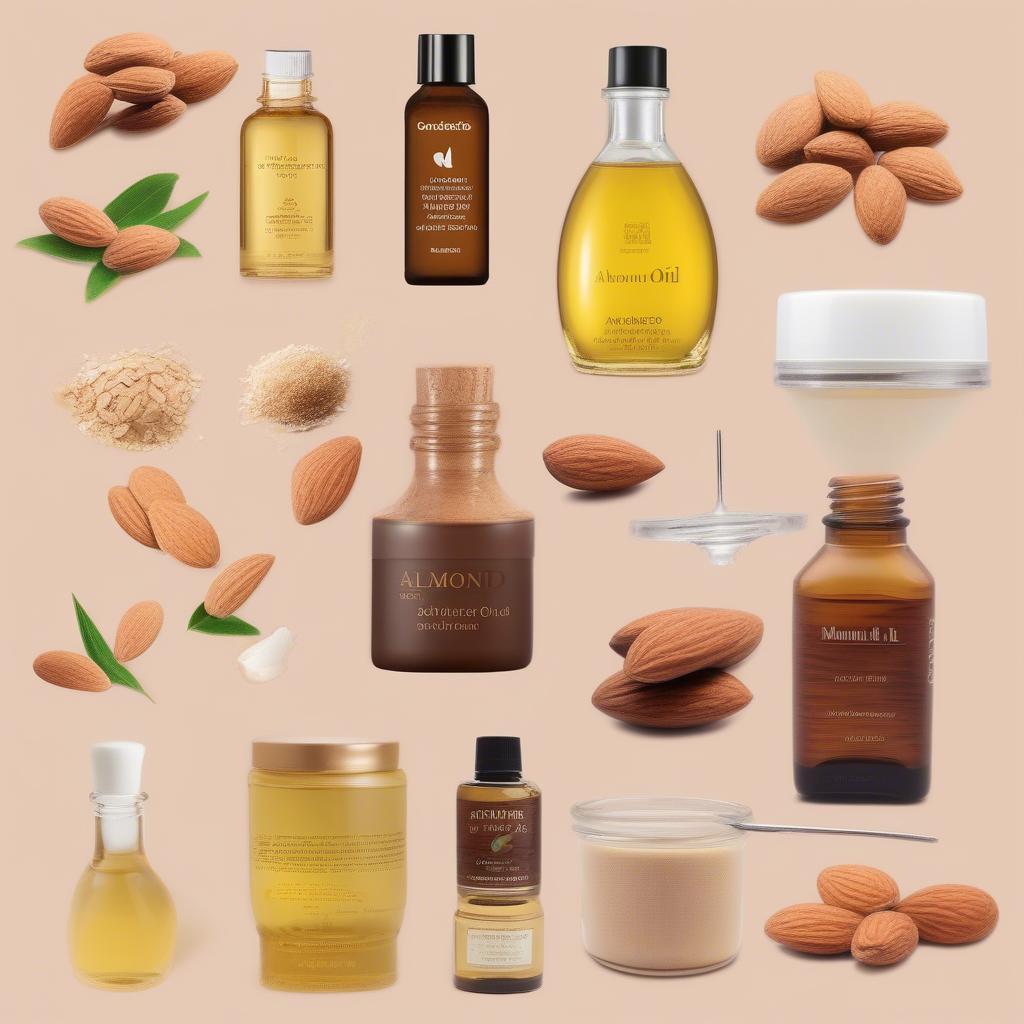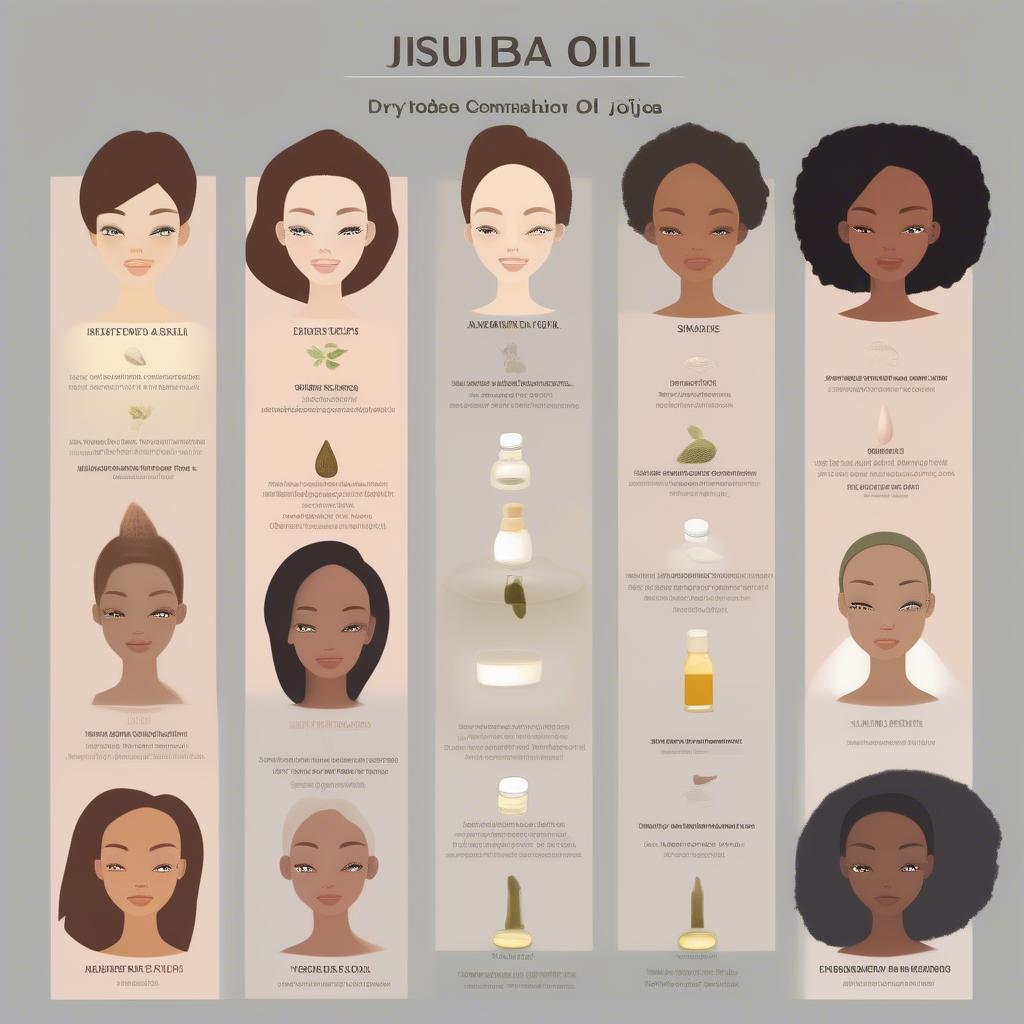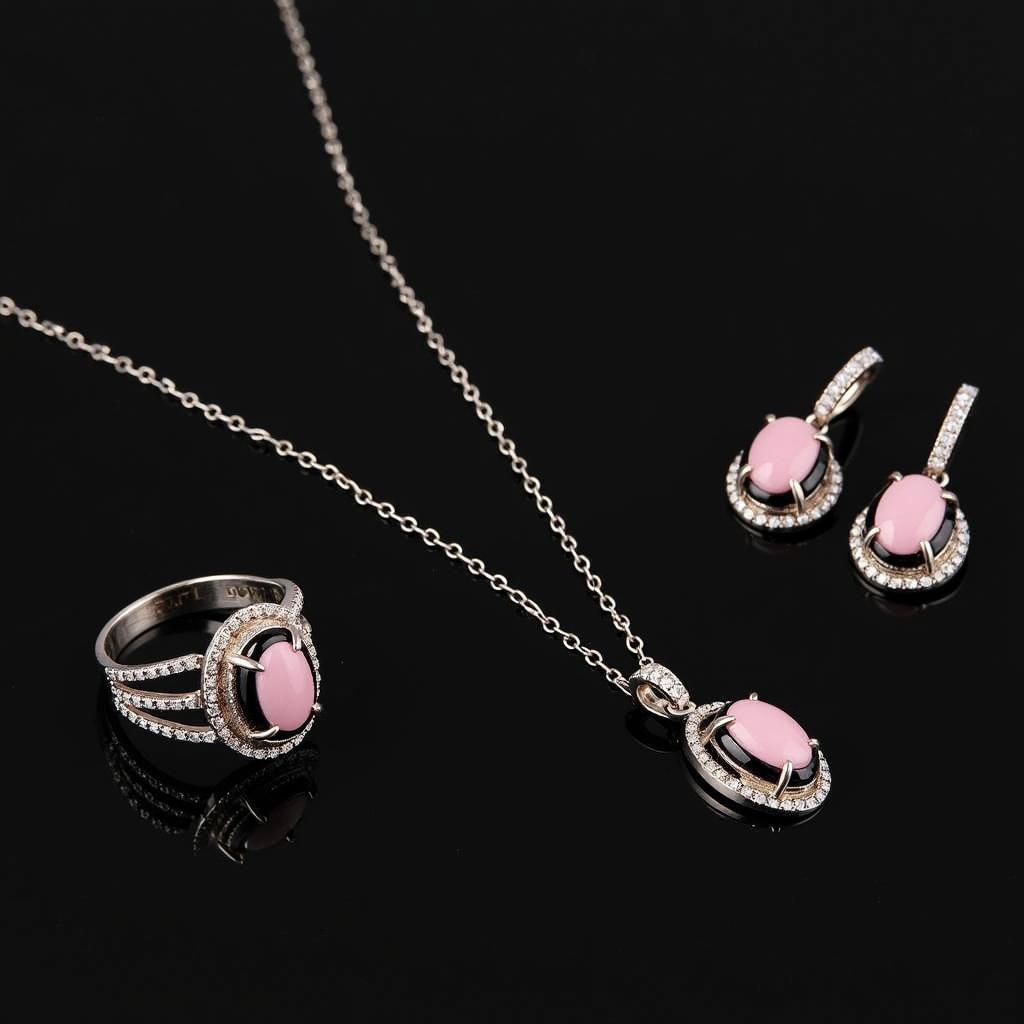
Almond Oil vs Jojoba Oil: Which One is Right for You?
- AmazoniaSilva
- Tháng 12 13, 2024
- Zodiac signs
- 0 Comments
Almond oil and jojoba oil are two popular natural oils often used in skincare and haircare. Both are packed with beneficial properties, but they have different compositions and textures, making them suitable for various needs. This article will delve into the key differences between Almond Oil Vs Jojoba oil to help you determine which is the perfect fit for your routine.
Understanding the Differences: Almond Oil vs Jojoba Oil
Choosing between almond oil and jojoba oil can be tricky. Both offer amazing benefits, but understanding their distinct properties is crucial. Almond oil is extracted from almonds and is rich in vitamin E, monounsaturated fatty acids, and antioxidants. It’s known for its slightly sweet aroma and emollient properties, making it a great moisturizer. Jojoba oil, on the other hand, isn’t technically an oil but a liquid wax ester extracted from the jojoba plant. Its structure closely resembles human sebum, allowing it to absorb easily and balance oil production.
 Almond Oil vs Jojoba Oil Comparison Chart
Almond Oil vs Jojoba Oil Comparison Chart
Almond Oil: Benefits and Uses
Almond oil is a versatile oil suitable for various skin and hair types. Its high vitamin E content helps protect against free radical damage, while its emollient nature softens and hydrates the skin. It can be used as a massage oil, makeup remover, or added to your favorite skincare products. For hair, almond oil can help tame frizz, add shine, and even promote hair growth. It’s particularly beneficial for dry, damaged hair.
Is Almond Oil Good for Sensitive Skin?
While generally safe, almond oil can trigger allergic reactions in individuals with nut allergies. Always perform a patch test before applying it to a larger area, especially if you have sensitive skin.
 Almond Oil for Skin and Hair Care
Almond Oil for Skin and Hair Care
Jojoba Oil: Benefits and Uses
Jojoba oil is renowned for its ability to mimic sebum, making it ideal for all skin types, including oily and acne-prone skin. It helps regulate oil production, preventing breakouts and reducing excess shine. Jojoba oil also possesses antibacterial and anti-inflammatory properties, making it beneficial for soothing irritated skin and treating conditions like eczema and psoriasis. jojoba oil and tea tree oil can be a powerful combination for acne-prone skin. For hair, jojoba oil can help moisturize the scalp, reduce dandruff, and promote healthy hair growth.
Can Jojoba Oil Clog Pores?
Despite being an oil, jojoba oil is non-comedogenic, meaning it’s unlikely to clog pores. Its unique structure allows it to penetrate the skin easily without leaving a greasy residue.
Almond Oil vs Jojoba Oil for Specific Concerns
Choosing between almond oil and jojoba oil often depends on your specific skin or hair concerns. For dry skin, almond oil’s moisturizing properties provide intense hydration. For oily or acne-prone skin, jojoba oil helps balance oil production and prevent breakouts. flowerbomb fragrance oil can be mixed with either oil to create a personalized scent. For hair, almond oil is excellent for adding shine and taming frizz, while jojoba oil helps with scalp health and dandruff control. If you are looking for outdoor scents, consider checking out our article on scents for outdoors.
 Choosing the Right Oil for Your Skin Type
Choosing the Right Oil for Your Skin Type
“Jojoba oil is a fantastic choice for balancing sebum production, making it perfect for individuals with oily or acne-prone skin,” says Dr. Emily Carter, a certified dermatologist.
“Almond oil’s rich vitamin E content makes it a powerful antioxidant, protecting the skin from environmental damage,” adds Dr. Michael Davis, a skincare specialist.
Conclusion: Making the Right Choice Between Almond Oil vs Jojoba Oil
Both almond oil and jojoba oil offer unique benefits for skin and hair. Understanding their individual properties and your specific needs is key to making the right choice. Whether you’re looking for intense hydration, oil control, or hair nourishment, carefully considering almond oil vs jojoba oil will help you achieve your desired results.
FAQ
- Which oil is better for acne? Jojoba oil is generally preferred for acne-prone skin due to its sebum-regulating properties.
- Can I use both oils together? Yes, you can mix almond and jojoba oils to combine their benefits.
- Which oil is better for sensitive skin? Jojoba oil is generally considered better for sensitive skin due to its lower allergenic potential. However, a patch test is always recommended.
- Which oil is better for hair growth? Both oils can promote hair growth, but almond oil is particularly good for dry, damaged hair, while jojoba oil benefits scalp health.
- Which oil absorbs faster? Jojoba oil absorbs faster than almond oil due to its wax ester structure.
- Which oil is better for makeup removal? Almond oil is a good makeup remover due to its emollient properties.
- Which oil has a stronger scent? Almond oil has a slightly sweet, nutty aroma, while jojoba oil is virtually odorless.
For further assistance, please contact us at [email protected] or visit our office at Fifth Avenue, 34th Floor, New York, NY 10118, USA. We have a 24/7 customer service team available to help.


